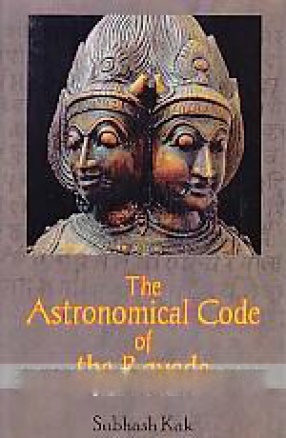
Subhash Kak

Showing all 11 books


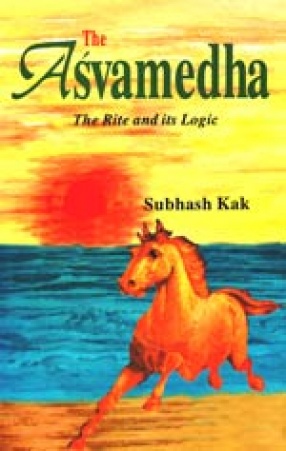
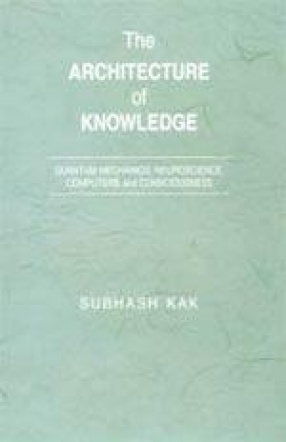


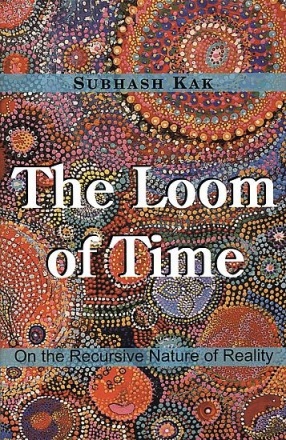
The Loom of Time shows how reality is generated in a recursive fashion and uses this insight to illuminate many puzzles of history and culture. Recursion is at basis of mimicry in nature and germination and development of biological organisms; it also provides structure to mental images of physical systems and human behavior. It helps us make sense of the repeating patterns across cultures and nations, understand the manner in which technology is impacting ...
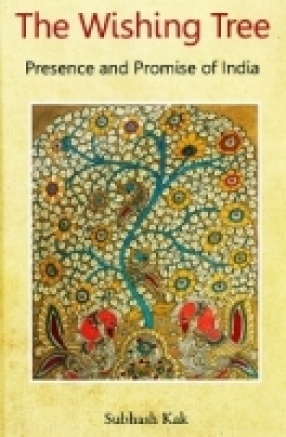

Not only the sign for zero, but also the binary number system, the ideas of metarules, algebraic transformation, recursion, hashing, mathematical logic, formal grammars, and high level language description arose first in India. Indian mathematical science had already reached dizzying heights about 2,500 years ago by the time of Panini and Pingala, considered by tradition to have been brothers. Panini's grammar for Sanskrit, which is equivalent in its computing ...
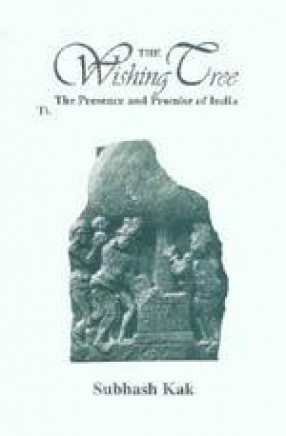
The past two decades have brought revolutionary changes in the understanding of the Indian civilization. This essay, as an overview of this new understanding, it for the general reader. It is based on three invited lectures at Stanford University and the Berkeley and Irvine campuses of the University of California on 14 and 15 April 2000. Some comments on this work: (i) In The Wishing Tree: The Presence and Promise of India, Subhash Kak presents what is arguably ...

This essay describes the A'svamedha rite and its symbolism to explain distinctive aspects of the Vedic sacrifice system. Several questions related to the Asvamedha are posed and answered in the context of Vedic epistemology. This rite has three important functions: (i) it presents an equivalence of the naksatra year to the heaven, implying that it is a rite that celebrates the rebirth of the sun; (ii) it is symbolic of the conquest of time by the king, in ...
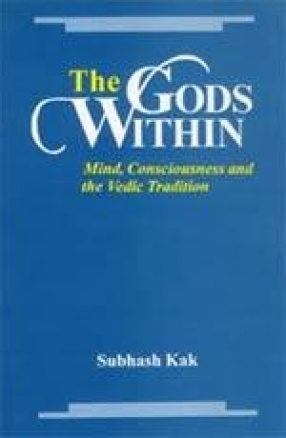
This book is a pioneering study that reconciles the traditional understanding of the Vedic Gods, taken as the constituents of the individual’s consciousness, with new discoveries of neuroscience. Using a variety of sources, the book argues that the Gods may be seen as the cognitive centres in the brain or the archetypal projections of an objective consciousness on the subjective mind. This book will be useful to scholars of religion, psychology and the emerging ...

This book synthesizes research in quantum physics, neuroscience, computers, and biology to present a general framework of our modern understanding of knowledge. The details of this architecture are best understood in terms of cognitive categories. The book describes the relation of this understanding to the emerging science of consciousness. Since consciousness has been a central preoccupation of Indic thought, this work has implications for a proper ...

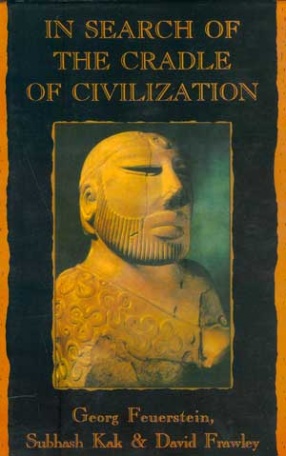
In this pathbreaking book, the authors show that the ancient Indians were no primitives but possessed a high spiritual culture, which not only influenced the evolution of the Western world in decisive ways but which still has much to teach us today. India's archaic spirituality is codified in the rich symbols, metaphors, and myths of the magnificent Rig-Veda, which is shown to be much older than has been widely assumed by scholars. The present book also ...
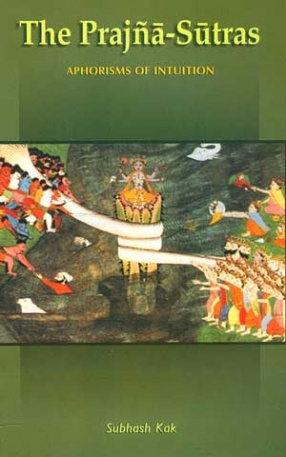
The Prajna Sutra presents a bridge between the cosmologies of Vedic knowledge and modern science. The ideas are presented as 18 sutras on the nature of reality, language, art, mind, transformation, and freedom on which explanatory commentaries are provided. The sutras tie together common symbols of the Vedic tradition and their deeper intuitions using contemporary vocabulary. The synthesis presented in the sutras is wide-ranging and it not only ...
